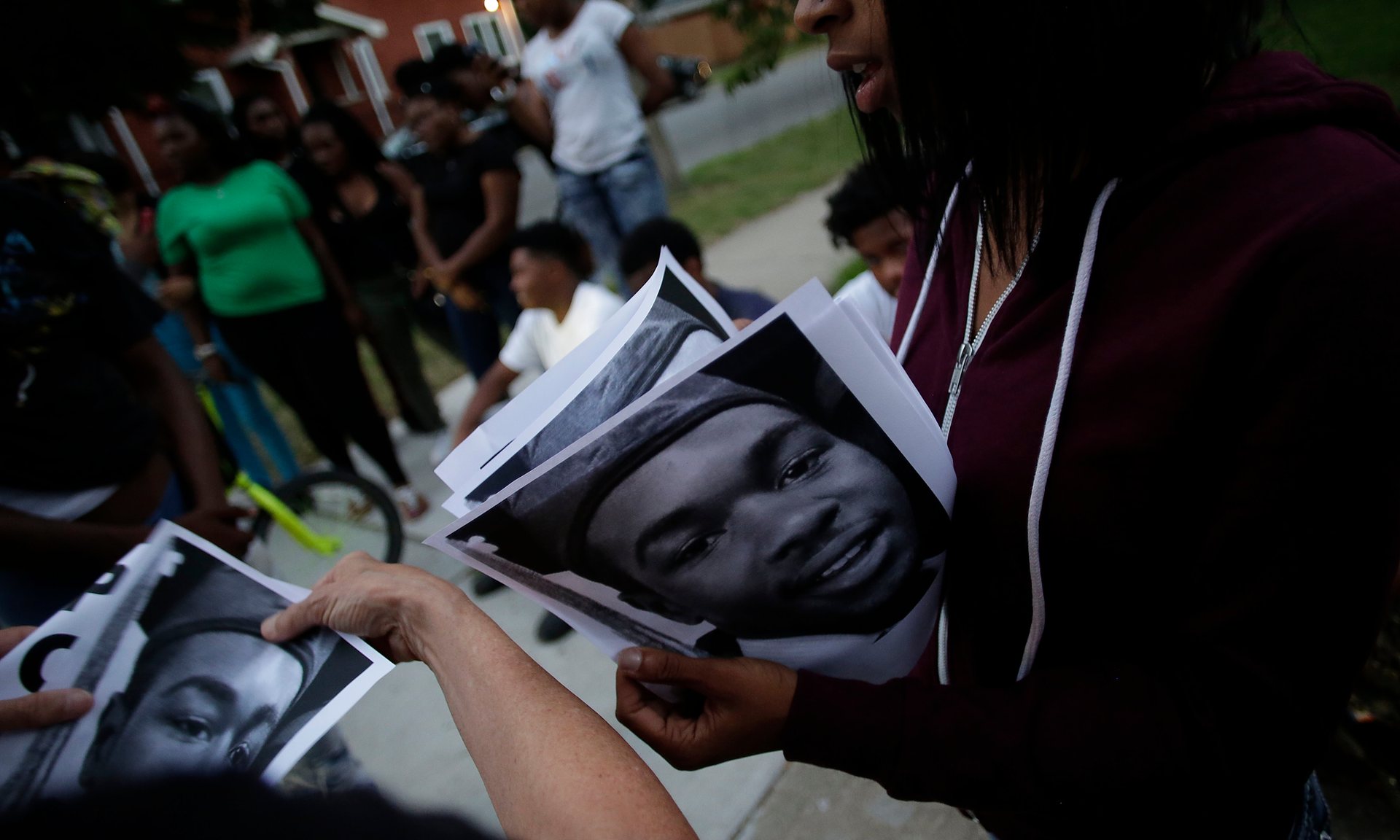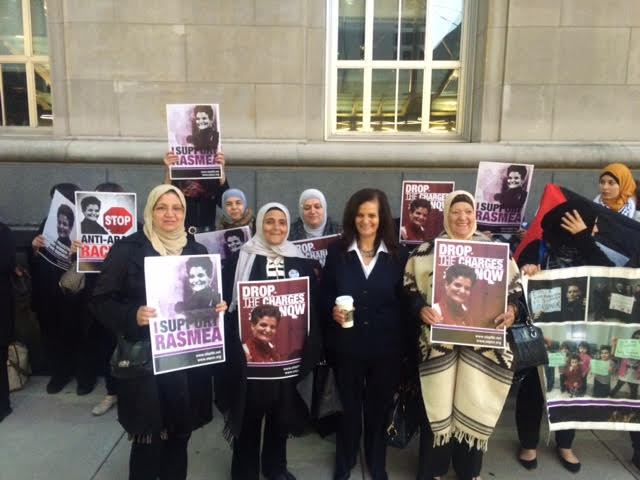 A government whistblower's tip and a year-long campaign by a law professor and two independent journalists to retrieve the dash-cam video of the shooting of a black teenager by Chicago police has led to the highly-publicized release of the video. The video has spurred ongoing protests that have rocked Chicago and the Chicago political establishment, brought murder charges against the offending officer, and claimed the job of Chicago's police superintendent.
A government whistblower's tip and a year-long campaign by a law professor and two independent journalists to retrieve the dash-cam video of the shooting of a black teenager by Chicago police has led to the highly-publicized release of the video. The video has spurred ongoing protests that have rocked Chicago and the Chicago political establishment, brought murder charges against the offending officer, and claimed the job of Chicago's police superintendent.
On October 20, 2014, at 41st and Pulaski, Chicago police officer Jason Van Dyke shot 17-year-old Laquan McDonald 16 times at point-blank range. Video from a Chicago police car dash camera confirms the killing, and a still-anonymous whistleblower informed attorney and law professor Craig Futterman as well as Chicago journalist Jamie Kalven to the video. Amid pursuing the investigation, Futterman and Kalven called on the city to release the video.
Another independent journalist -- Brandon Smith -- joined the fray, filing an Illinois Freedom of Information Act request, and then suing the city (with pro-bono legal help) to release the video when no other media outlets did. Meanwhile, the Chicago City Council paid Laquan McDonald's family $5 million dollars in a settlement.
The case ground on and finally, on November 19, 2015, the city was ordered by a Cook County judge to release the video of McDonald's killing no later than November 25th. On Tuesday, November 24th, Chicago police released the video.
The impact of the release was swift and potent. That evening, thousands took to the streets in protest`, leading to a number of arrests including felony charges against a prominent poet and activist; the charges were subsequently dropped. Protests continued for the rest of the week, including a massive protest on the Friday after Thanksgiving that blocked many Holiday shoppers and caused noticeable reductions in holiday sales at downtown Chicago stores.
The case now grew to national and international attention, becoming the latest chapter in the BlackLivesMatter movement, and in the midst of hardball drawing ever-louder calls for reform and resignations of three of Chicago's leading political power brokers: Chicago police superintendent Garry McCarthy, Cook County State's Attorney Anita Alvarez, and Chicago mayor Rahm Emanuel. Weak-kneed reform efforts were announced to stem the criticism, to no avail.
One week after the release of the Laquan McDonald video, Emanuel fired Superintendent McCarthy. Alvarez faces a primary election in March 2016, and has laid blame squarely on Emanuel. Emanuel has been heatedly fending off calls to resign. (Chicago has no impeachment protocol for its elected officials, absent a criminal conviction.) Calls for a federal probe into Chicago's police are growing.
Meanwhile, the issue rages on. In the wake of the Laquan McDonald video release, attempts to release additional videos of asssassinations by police have gathered fresh energy and attention. The McDonald case itself still has a great many unanswered questions. And calls for additional reform for policies regarding Chicago police and Chicago politics have been given new life. How that unfolds remains to be seen, but as Rahm Emanuel himself said, "you never want a serious crisis to go to waste".
On Saturday, August 12, more than 1200 people filled the main hall at a Chicago local of the International Union of Operating Engineers, for a farewell rally for longtime Palestine rights activist Rasmea Odeh.









 From the newswire: "Chicago Independent Television (CITV), the monthly television series of Chicago Indymedia, is going on hiatus effective July 2017.
From the newswire: "Chicago Independent Television (CITV), the monthly television series of Chicago Indymedia, is going on hiatus effective July 2017.  To oppose the
To oppose the  New rules in the wake of
New rules in the wake of  In response to an ongoing contract fight,
In response to an ongoing contract fight,  Student protesters and allies stopped a Chicago rally for demagogic Republican presidential candidate Donald Trump before it began. The rally, scheduled for Friday, March 11, 2016 at the UIC Pavilion, faced a diverse opposition both inside and outside.
Student protesters and allies stopped a Chicago rally for demagogic Republican presidential candidate Donald Trump before it began. The rally, scheduled for Friday, March 11, 2016 at the UIC Pavilion, faced a diverse opposition both inside and outside. A
A  Chicago activist Rasmea Odeh,
Chicago activist Rasmea Odeh,  Residents of Chicago's Bronzeville neighborhood have struggled for years to halt and reverse the neoliberal assault against the open-enrollment
Residents of Chicago's Bronzeville neighborhood have struggled for years to halt and reverse the neoliberal assault against the open-enrollment  Rahm Emanuel has been declared
Rahm Emanuel has been declared